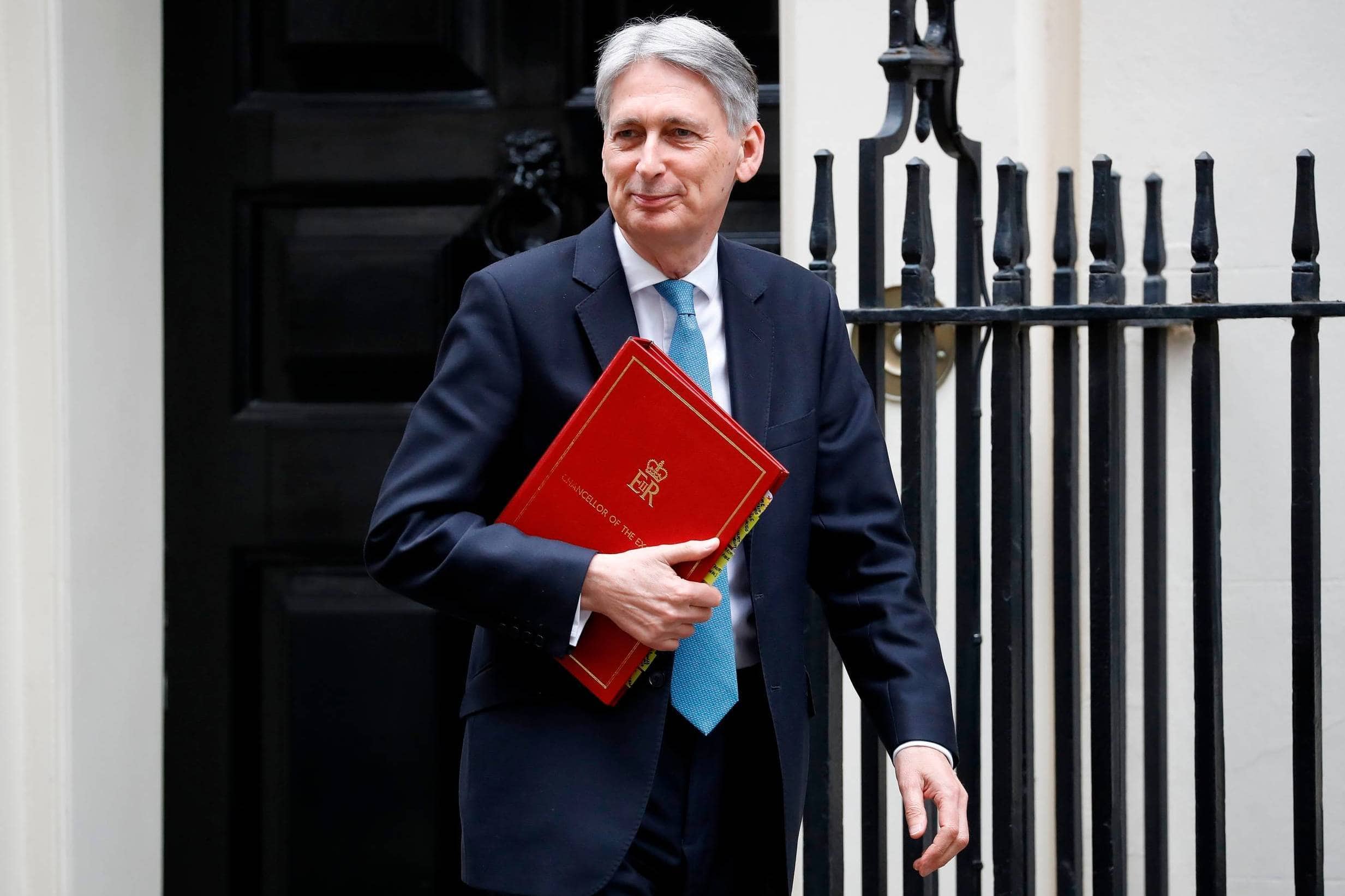Chancellor of the Exchequer Philip Hammond has delivered his Spring Statement 2019 – his annual report on the financial health of the country.
The statement is not aimed at delivering spending changes or setting tax rates and allowances – they are reserved for the Budget later in the year.
Don’t forget to bear Brexit in mind when viewing forecasts, because how and when Britain leaves the European Union can change everything.
The Chancellor pledged to free up more money and reduce taxes as a Brexit dividend – if MPs voted for Prime Minister Theresa May’s withdrawal agreement.
But he warned leaving without a deal could deliver a ‘significant’ blow to the economy which could take a few years to shrug off.
The most recent vote to reject her deal leaves “a cloud of uncertainty hanging over the economy”, he said.
Here’s a breakdown of some of the key points:
Economy
Britain has had nine years of growth in a row and the Office of Budget Responsibility (OBR) has forecast another five years of economic growth lie ahead
The UK economy has grown faster than France, Italy and Japan since 2010
Inflation should sit around 2% for the five-year forecast period
Leaving the EU should trigger a Brexit dividend as businesses decide to invest again
Employment
3.5 million jobs have been created since 2010 and this should increase by 600,000 by 2023
The 4% unemployment rate is the lowest since 1975 and should stay around this level for the next five years
Wage increases are outpacing inflation for the first time in a decade
Public finance
Public borrowing is down 80% since 2009-10
Debt is expected to fall to 73% of GDP in 2023-24, compared to a peak of 85.1% in 2016-17
Housing and infrastructure
Billions of pounds are ready to spend on unlocking sites in London, the Oxford-Cambridge Arc and Cheshire to build 90,000 new homes
Spending review
Government departments will have to set three-year budget plans if a Brexit deal is agreed as a zero-based review of capital spending, which means civil servants must justify their spending and demonstrate how the project will benefit the economy.
